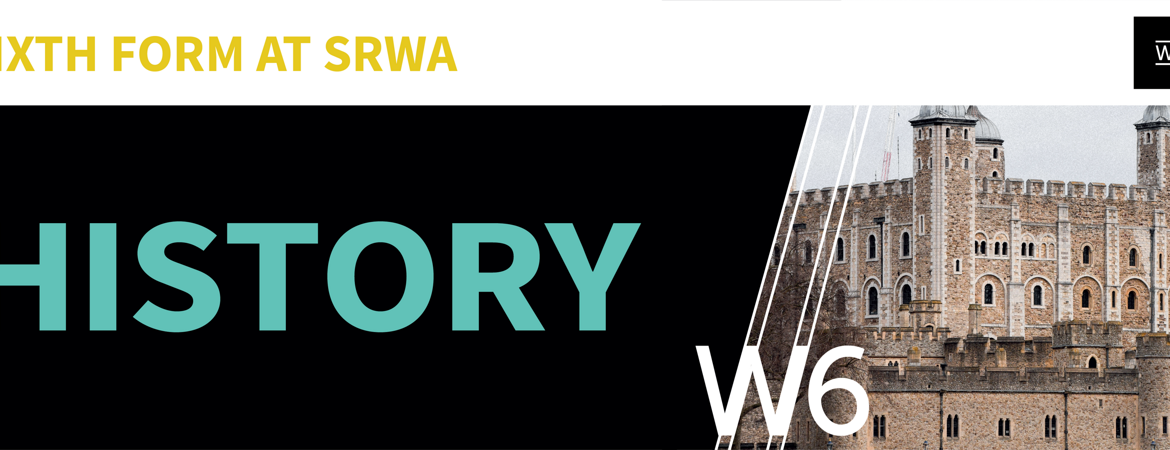- Home
- Sixth Form
- Courses at W6 Sixth Form
- History
History
Entry requirements
4 in History if taken, 4 in English Language
What will I study
Year 12 is focused on two markedly different communist states. The first is a breadth study of the USSR from 1917 to its collapse in 1991. The second is a depth study on Mao’s China from 1949 to 1976. Both of these topics are fascinating. You will learn how these Communist regimes' attempts to force their interpretation of Marx’s theories onto countries not ready for such seismic political change resulted in some of the worst atrocities seen in the twentieth century.
In Year 13, you will complete your coursework module on the Holocaust. You choose your own question to study and research it yourself. Lessons become more akin to a university-style seminar debate and you develop the skills required to become independent historians. The final module is on the Tudors between 1485 and 1603, examining how they dramatically changed the course of British history.
How will I be assessed?
Unit 1: Russia, externally assessed. 30% of A-level.
Unit 2: China, externally assessed. 20% of A-level.
Unit 3: Tudors, externally assessed. 30% of A-level.
Unit 4: Coursework, internally assessed. 20% of A-level.
Is this subject for me?
Firstly, you have to love history. You also need to possess high levels of literacy and be prepared for the academic demands of the course.
There is a huge wealth of information to digest . You will need to supplement your core reading with key texts and articles by historians. A great lesson is when students come armed with plenty of knowledge and we focus on debating ideas, causes, motives and outcomes, rather than listen to the teacher simply telling the story.
Choose this course if you are passionate, argumentative, love reading and writing.
Where can this lead me?
History at A-level is a facilitating subject. This means that a range of university disciplines value the rigorous academic demands of this course and will allow you onto their degrees as a result. These courses include history, politics, law, business, international relations and many other literacy-based subjects.
Many journalists, politicians, lawyers, businesspeople and teachers have backgrounds in history.
What else is there?
Every year, two students are selected for a Holocaust project, which involves a trip to Auschwitz and a meeting with Holocaust survivors. This trip is subsidized and costs around £50. There is the potential to visit Berlin, attend a range of lectures at Sussex, Brighton and Chichester Universities, and participate in London-based conferences where you will hear expert historians debate the key issues of the course.



